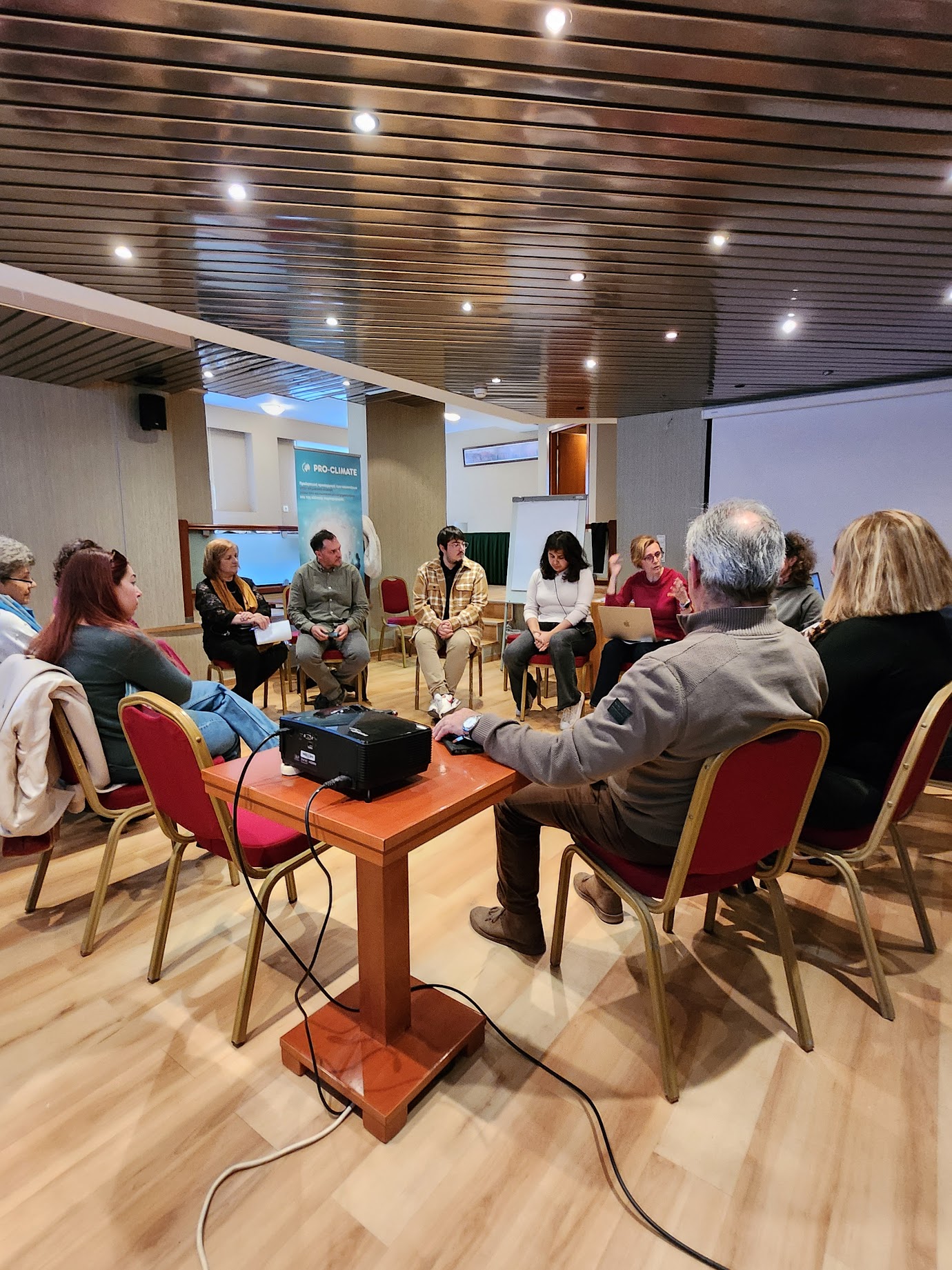Location & Demographic
Zakynthos is the third largest of the Ionian islands and it covers an area of 405.55 km2. The constantly growing resident population amounts to 40,759 (census 2011) though this number rises considerably during summer with the arrival of tourists.
Main Actors
Main actors include for example, the Natural Environment and Climate Change Agency, the Prefecture of Ionian islands, the Municipality of Zakynthos, local organizations of businesses, companies, farmers, the National Marine Park of Zakynthos, the Environment Department of the Ionian University, as well as civil society organisations.
Socioeconomic Conditions
Tourism is the island’s heavy industry. The coastal areas of the island are important in terms of tourism, as they host a considerable number of businesses and related activities. The primary and secondary sectors follow a shrinking trend through the years. The main products of Zakynthos have been traditionally the olive oil, raisins, and wine.
Environmental Conditions
Part of the coastline of the island is sensitive to sea level rise and coastal erosion, while hosting socio-economically important uses, Zakynthos Natura 2000 protected areas and nesting beaches within the Zakynthos’ National Marine Park. Increased temperatures, decreased precipitation, storm effects causing flooding and other damages affect businesses, farmers, and residential areas.
Existing Climate Action
There is a Greek National Adaptation Strategy downscaled to the Prefecture of the Ionian Islands, which foresees specific measures and policies (e.g., the preparation of Integrated Coastal Zone Management Plan). At the municipality scale actions are related for example to flood protection measures, while studies have been conducted to assess and suggest measures against coastal erosion. Funding for energy saving for households and businesses have become available, as well as economic incentives to insure against flooding. The marine park conserves important ecosystems which act as natural barriers for coastal protection and contribute to carbon sequestration. Academics assess and monitor climate change and have been involved in several research projects related to the issue.
Challenges
Challenges include, among others, insufficient information about investment opportunities, lack of awareness about the importance of adaptation, conflicts where environmental management coexists with economic activities such as tourism, recreation and agriculture, conflicts regarding water shortage during summer.
Relevant news items (Zakynthos LL)

Living Lab Workshop in Zakynthos Tackles Sustainable Tourism and Climate Resilience
A Living Lab (LL) workshop was held in Zakynthos, Greece, in February as part of the PRO-CLIMATE Project. The two-day workshop brought together local stakeholders


